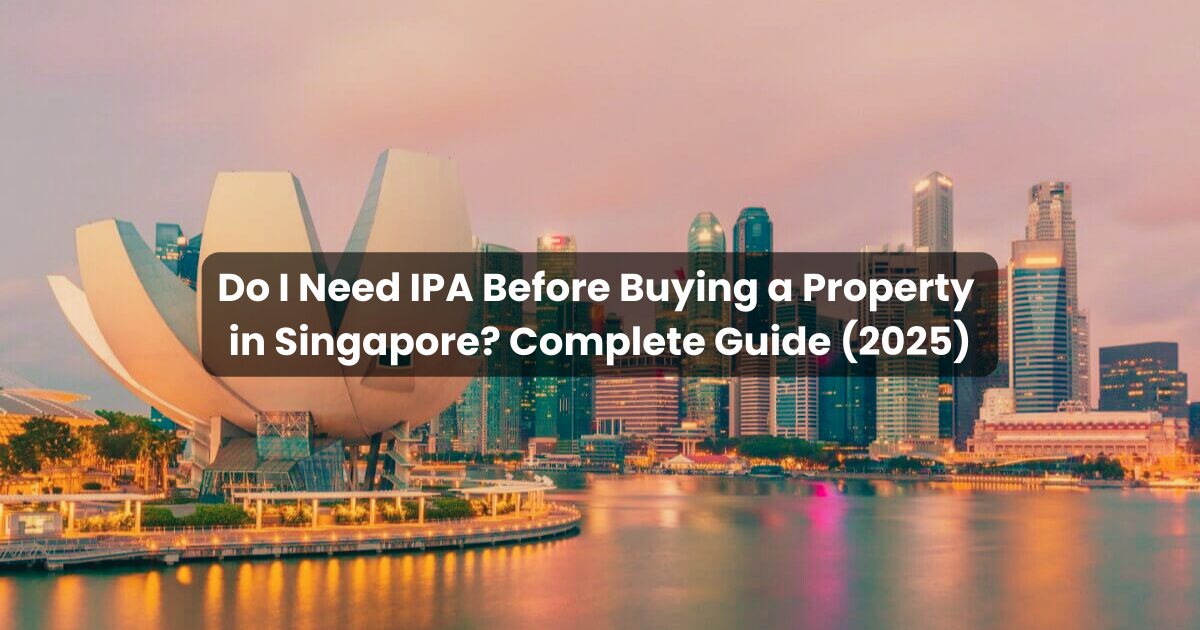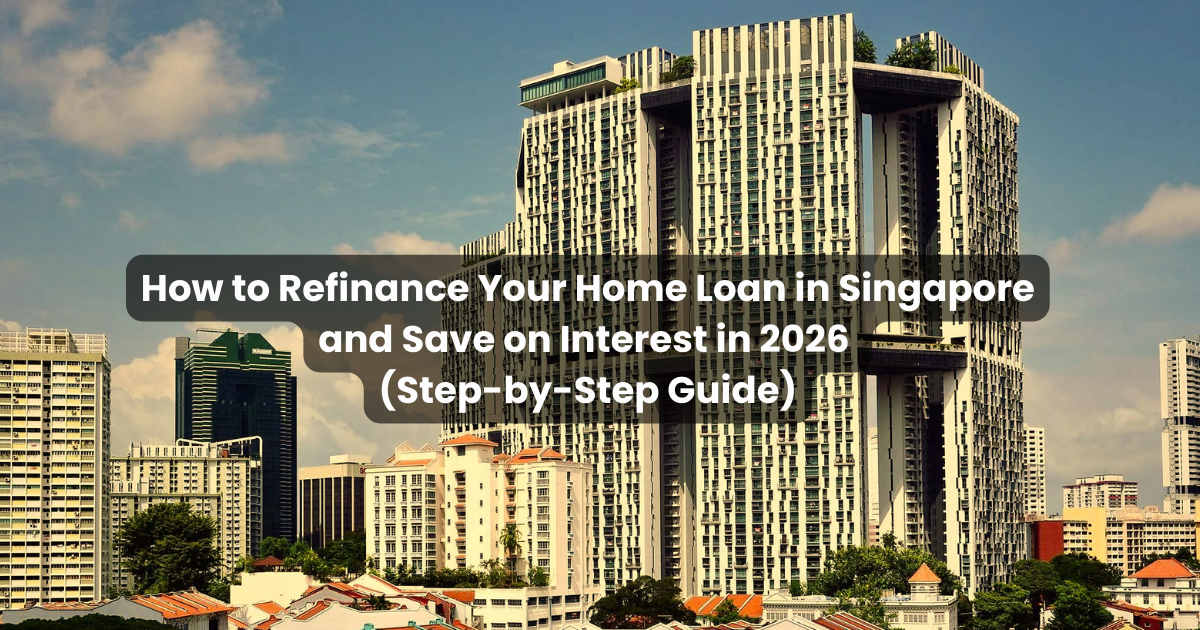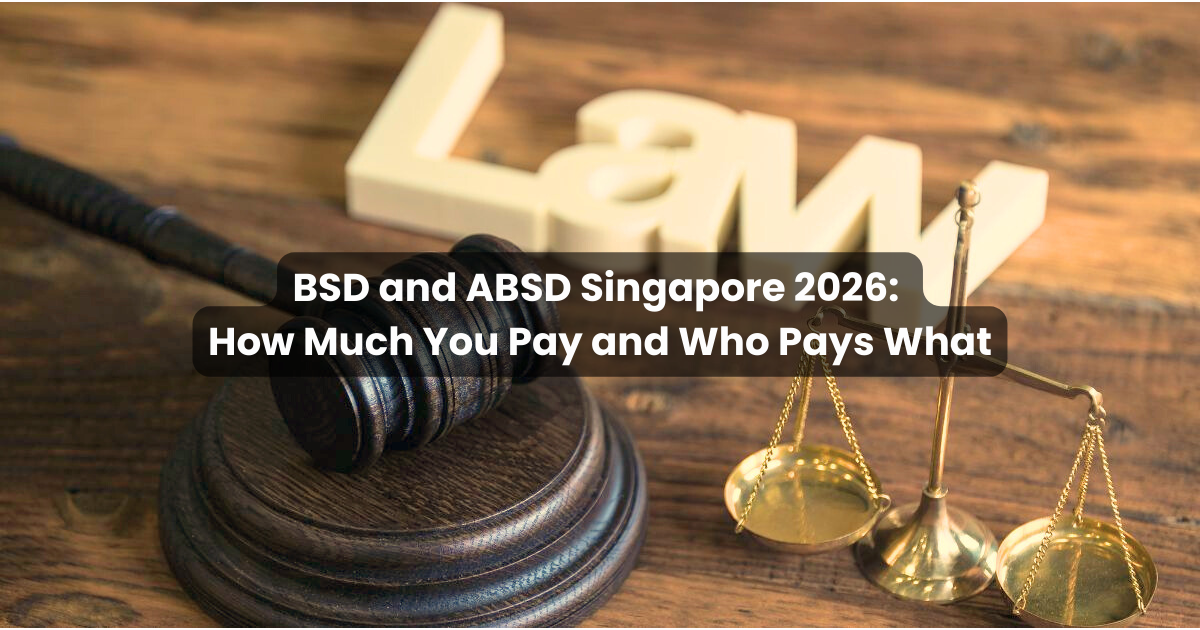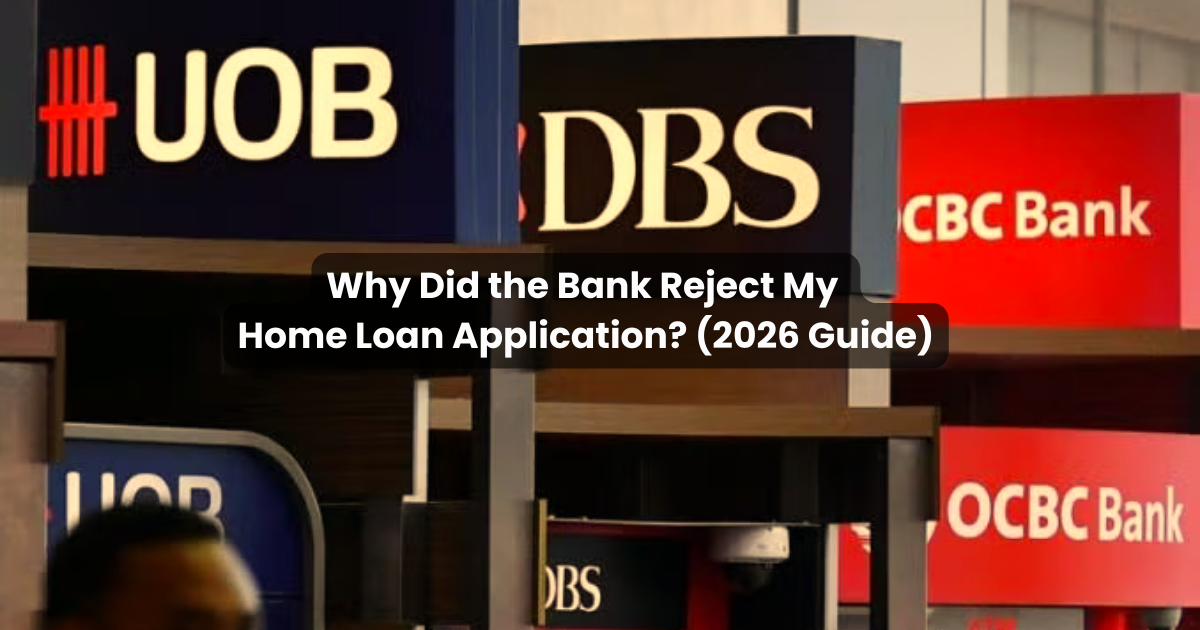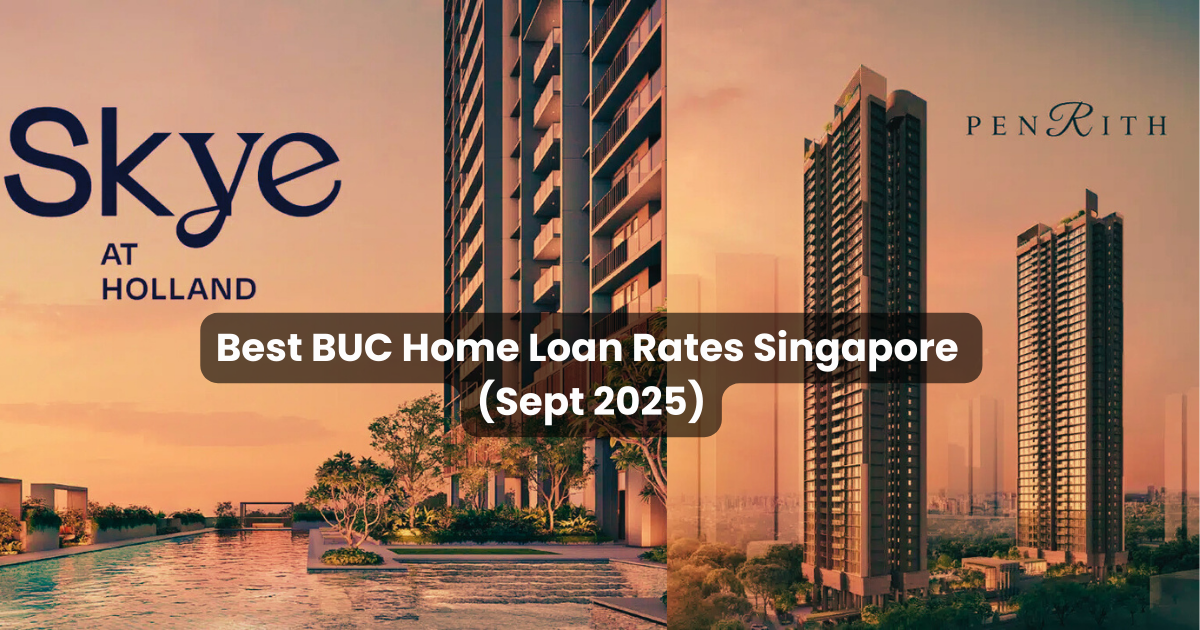- Insights & Updates
Latest News
By Chief Analyst
September 27, 2025One of the most common questions among first-time buyers and even seasoned investors in Singapore is: Do I need an In-Principle Approval (IPA) before buying a property?
The short answer is yes. Getting an IPA before committing to a purchase is highly recommended. This article explains what an IPA is, why it matters, and how it fits into the broader property buying process. We will also explore the risks of skipping it, the documents required, and common scenarios buyers face when upgrading from HDB to private property or purchasing a condo for investment.
What Is IPA?
An In-Principle Approval (IPA) is a written confirmation from a bank stating the maximum loan amount you qualify for, based on your income, age, credit history, and existing debt obligations. In Singapore, where property purchases are tightly regulated under the Mortgage Servicing Ratio (MSR) and Total Debt Servicing Ratio (TDSR) frameworks, the IPA serves as assurance that financing will be available once an offer is made.
While it is not legally binding on the borrower, it gives clarity on your borrowing capacity and ensures you do not over-commit financially.
Why Is IPA Important?
1. Know Your Budget Before You Shop
Without an IPA, buyers often fall in love with a property only to discover later that they cannot secure sufficient financing. With rising property prices across the Core Central Region (CCR), Rest of Central Region (RCR), Outside Central Region (OCR), and even HDB, knowing your upper limit prevents wasted time and disappointment.
2. Confidence During Negotiation
Sellers and agents take buyers with IPA letters more seriously. In competitive resale markets, having an IPA strengthens your position because it signals financial readiness.
3. Avoid Last-Minute Surprises
Receiving a loan rejection after paying the option fee can be financially painful. If you fail to exercise the Option to Purchase (OTP) due to a lack of financing, you forfeit 1% of the purchase price, which can easily amount to tens of thousands of dollars.
4. Compliance With TDSR and MSR
The Monetary Authority of Singapore (MAS) imposes rules limiting how much of your income can go towards servicing property loans. An IPA takes these into account, ensuring your loan quantum is realistic and within regulatory boundaries.
(Find out more about TDSR and MSR here)
The Risks of Buying Without IPA
Some buyers assume they can walk into a bank after signing the OTP and secure financing, especially if they have strong incomes. But banks may reject applications for reasons such as unstable employment history, high credit card debts, recent changes in lending criteria or even a late charge fee years ago.
Without IPA, you risk:
- Losing your option fee if your loan falls through.
- Being forced into less favourable loan terms at the last minute.
- Delaying the purchase process which may frustrate sellers.
- Overstretching finances because you did not account for BSD (Buyer’s Stamp Duty), ABSD (Additional Buyer’s Stamp Duty), and other costs.
How to Apply for an IPA
Applying for an IPA is straightforward. Applying through Fairloan’s advisors to ensure quick results from the banks.
Documents required:
- NRIC/Passport copy
- Latest three months’ payslips + Income tax Notice of Assessment
- CPF contribution history
- HDB Financial Details
Banks typically take three to five working days to process applications. The IPA is typically valid for 14 days to 30 days, depending on the bank.
IPA for HDB vs Private Property
For HDB buyers, the equivalent of an IPA is the HDB Loan Eligibility (HLE) letter, if you are taking an HDB concessionary loan. If you are opting for a bank loan, you must still apply for IPA.
For private property buyers, IPA is essential because bank loans are the only financing route. The amount you can borrow will depend on your TDSR limits, age, and whether it is your first or subsequent property purchase.
Case Scenarios
Case 1: First-Time Buyer Without IPA
Alex, a first-time buyer, views a condo in the OCR priced at $1.2 million. He pays the OTP deposit but later discovers the bank will only approve a $900,000 loan because his TDSR limit is breached. Without enough cash or CPF savings, Alex forfeits the $12,000 option fee.
Case 2: Upgrader From HDB to Condo With IPA
Melissa is selling her HDB and buying a private condo. She secures an IPA before house-hunting, confirming she can borrow up to $1 million. Knowing her budget, she narrows her search and avoids wasting time on properties she cannot afford. The IPA also gives her confidence during negotiations.
Should You Get Multiple IPAs?
Yes, many buyers apply for IPAs from two or three banks to compare loan terms. Interest rate packages differ; some are pegged to 1-month SORA, others to 3-month SORA or fixed deposit rates. Comparing upfront ensures you lock in the most competitive spread.
Is It Still Worth Buying a Property With or Without IPA?
In 2025, property prices across CCR, RCR, and OCR are expected to remain elevated. Gross rental yields hover around 2 to 4 per cent, making property more of a wealth preservation tool than a yield play. Whether you are buying for own-stay or investment, the IPA remains your first line of defence in ensuring you do not over-leverage.
The truth is, skipping IPA does not save time or money. In fact, it increases risk. As long as Singapore maintains its stringent regulatory framework, buyers should treat IPA as a non-negotiable step in the property journey.
Conclusion
So, do you need an IPA before buying a property in Singapore? Absolutely. It gives clarity on your budget, assures sellers and agents, and protects you from costly mistakes. Whether you are a first-time HDB upgrader or a seasoned investor eyeing a CCR condo, an IPA ensures your property dream rests on a firm financial foundation.
In a market where prices have doubled or tripled since 2000, and where regulations are designed to encourage prudent borrowing, taking the time to secure an IPA is not just recommended, it is essential.
Explore related content by topic
We provide expert BUC home loan comparisons, discover the best BUC loan interest rates across major banks like DBS, UOB, Standard Chartered, Maybank, Citibank, HSBC, CIMB Bank and OCBC.
Many Singaporeans chase the lowest home loan interest rate, but in 2025 the cheapest option isn’t always the best. Lock-in periods, floating rate risks, hidden fees, and flexibility matter just as much as the headline rate. Learn why choosing wisely between bank fixed, SORA floating, or HDB loans can save you more in the long run.

